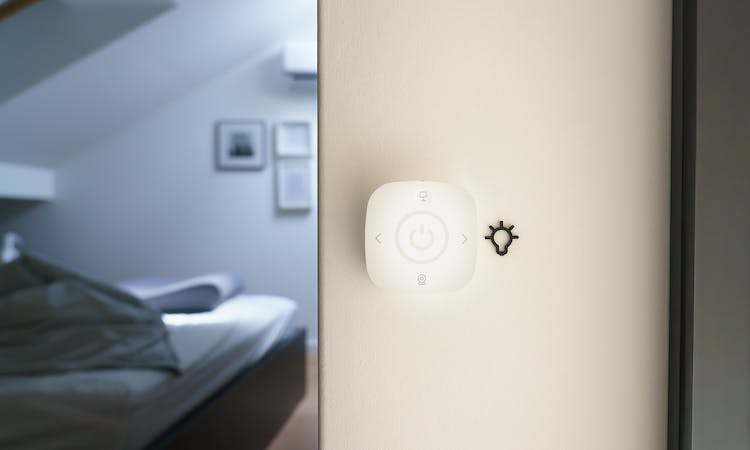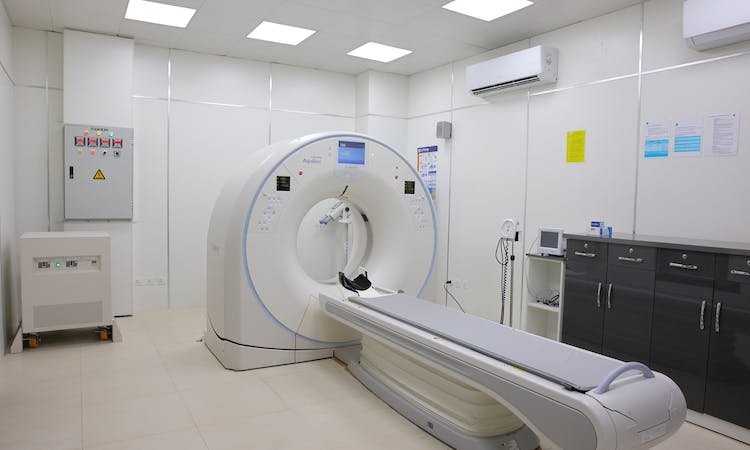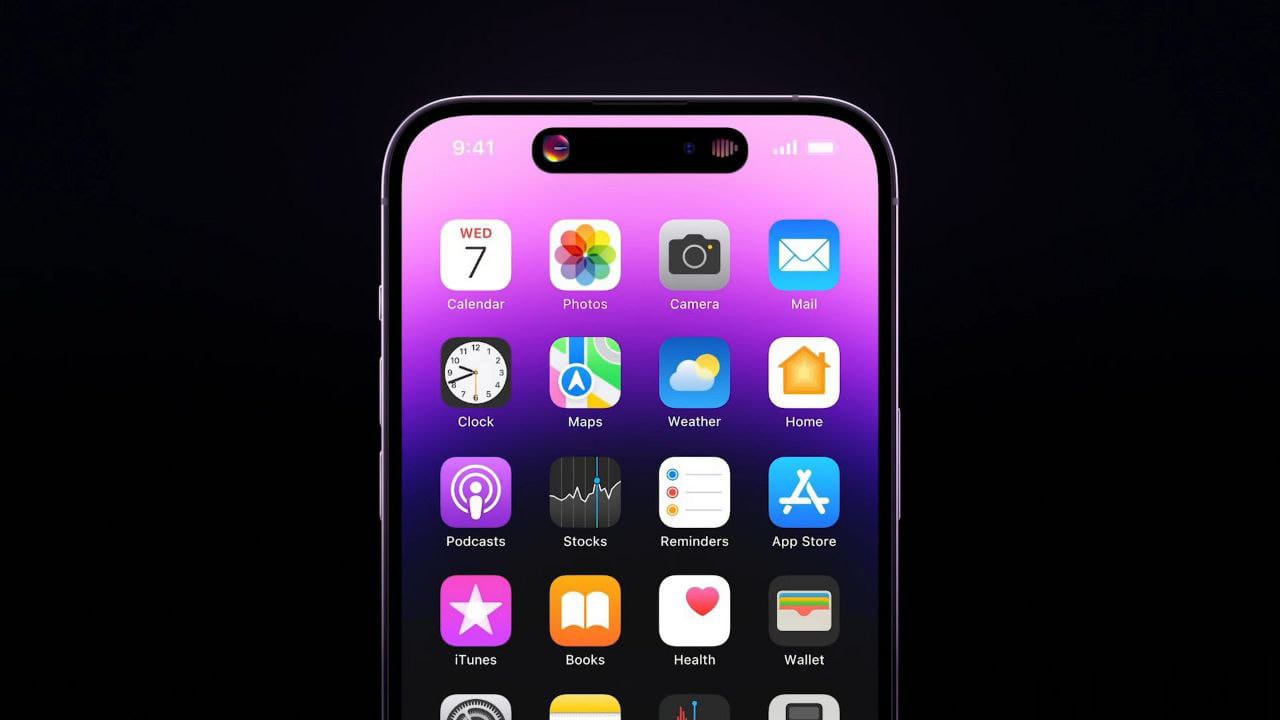The Internet of Things (IoT) is revolutionizing our daily lives, transforming mundane objects into a web of interconnected, smart devices that communicate and interact with each other to make our lives easier, safer, and more efficient. From smart homes and cities to advanced manufacturing and healthcare, the the IoT is creating a connected world that was once the realm of science fiction. But what does this interconnectedness mean for us? How does it affect our privacy, security, and day-to-day activities? And importantly, how can businesses and individuals leverage this technology to improve their operations and quality of life?
The Rise of IoT: A New Era of Connectivity
The concept of IoT has rapidly evolved from a niche technology to a fundamental part of our digital ecosystem. It’s not just about connecting devices to the Internet; it’s about embedding intelligence into every aspect of our environment to create a seamless interaction between people, processes, and things. For instance, smart thermostats learn your preferences and adjust the temperature automatically, while wearables track your health metrics in real-time. This level of connectivity and intelligence is reshaping industries and enhancing our daily lives.
Within this digital transformation, businesses are finding innovative ways to engage with customers. An excellent example of this is in the gaming industry, where gaming solutions are leveraging IoT to create immersive experiences. These platforms offer live casino games, elegantly designed studios, and tailored services that enhance player engagement and ensure partner success. It’s a testament to how IoT technology is being used to not only connect devices but also to create rich, interactive experiences that meet the evolving expectations of consumers.
Smart Homes and Cities: The Foundation of IoT
At the heart of IoT’s promise is the smart home, a concept that has taken the consumer market by storm. By integrating IoT devices such as smart lights, locks, and cameras, homeowners can now enjoy unprecedented levels of convenience, security, and energy efficiency. These devices can be controlled remotely through smartphones, making it easier to manage your home even when you’re away.
The concept extends to smart cities, where IoT technology is used to optimize everything from traffic management and waste collection to water and electricity distribution. This not only improves the quality of urban life but also contributes to environmental sustainability by reducing carbon footprints and conserving resources.
Industrial IoT: Revolutionizing Manufacturing and Healthcare
In the industrial sector, IoT is a game-changer. Known as the Industrial Internet of Things (IIoT), this technology is making manufacturing smarter and more efficient by enabling real-time monitoring of equipment, predictive maintenance, and automated production processes. This not only reduces downtime and operational costs but also enhances product quality and safety.
Similarly, in healthcare, IoT devices are transforming patient care through remote monitoring, telemedicine, and wearable health trackers. These technologies provide healthcare professionals with real-time data on patients’ health, allowing for timely interventions and personalized care plans, thereby improving patient outcomes and reducing healthcare costs.
Despite its numerous benefits, the widespread adoption of IoT also raises significant security and privacy concerns. The increased connectivity and data sharing expose users to potential cyber-attacks and data breaches. Therefore, it’s crucial for businesses and individuals to implement robust security measures, such as encryption and multi-factor authentication, to protect their devices and data.
The Future of IoT: Unlimited Possibilities
The future of IoT holds limitless possibilities. With advancements in artificial intelligence, machine learning, and 5G technology, the next generation of IoT devices will be even more intelligent, efficient, and interconnected. This will open up new opportunities for innovation across all sectors, from autonomous vehicles and smart agriculture to personalized education and beyond.
Conclusion
The Internet of Things is building a connected and interconnected world, which provides limitless possibilities of innovation, efficiency and convenience. As we move through this digital space, we should reflect on the potential privacy and security issues and embrace the opportunities offered by IoT. From increasing customer engagement through game-based solutions to driving the future of public services through smart city projects, IoT is leading towards a smarter, frictionless future. If we use this technology in a wise manner, we can create a world where our lives become very simple and we have opened possibilities to enrich it in ways we have so far only imagined.







